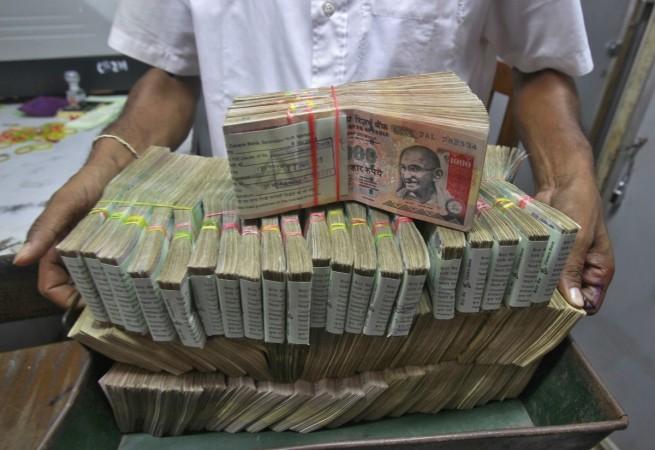
Any deposit significantly exceeding Rs 2.5 lakh and reflecting an "abnormal" rise in income, is expected to be subjected to a 200% penalty.
Tax authorities say that they may not see a sharp surge in income to be eligible for the current year's tax assessment and any such instance will merit an explanation. The government will review any high-value cash deposits and match them with the income tax return filed by the person and scrutinize in case of any mismatch.
Details of cash deposits of Rs 50 lakh on any single day, apart from Rs 2.5 lakh and above in one or more accounts, other than a current account must be shared with Income Tax department by all banks and post offices according to the directives of the Central Board of Direct Taxes (CBDT). Before this, banks were only reporting transactions of Rs 10 lakh and above to enforcement agencies.
CBDT's notification on Tuesday said that all cash deposits between November 9 and December 30 should be reported by January 31. A red flag will also go off if a bank finds cash deposits worth Rs 12.50 lakh in one or more current accounts of a person.
"In case a person fails to explain the source of income for cash deposited in his or her account, they will be asked to pay tax and penalty of up to 200% on the amount deposited," a senior CBDT official was quoted saying to Times of India. However, it is also suggested that the penalties can be challenged.
The officials also warned against tax dodging and money laundering."We have asked all income tax officials across the country to detect such depositors who have cash deposits which do not match with their income in any previous year," an anonymous senior official said, while adding that irrespective of the amount, such persons will be forced to disclose the source of cash.

















